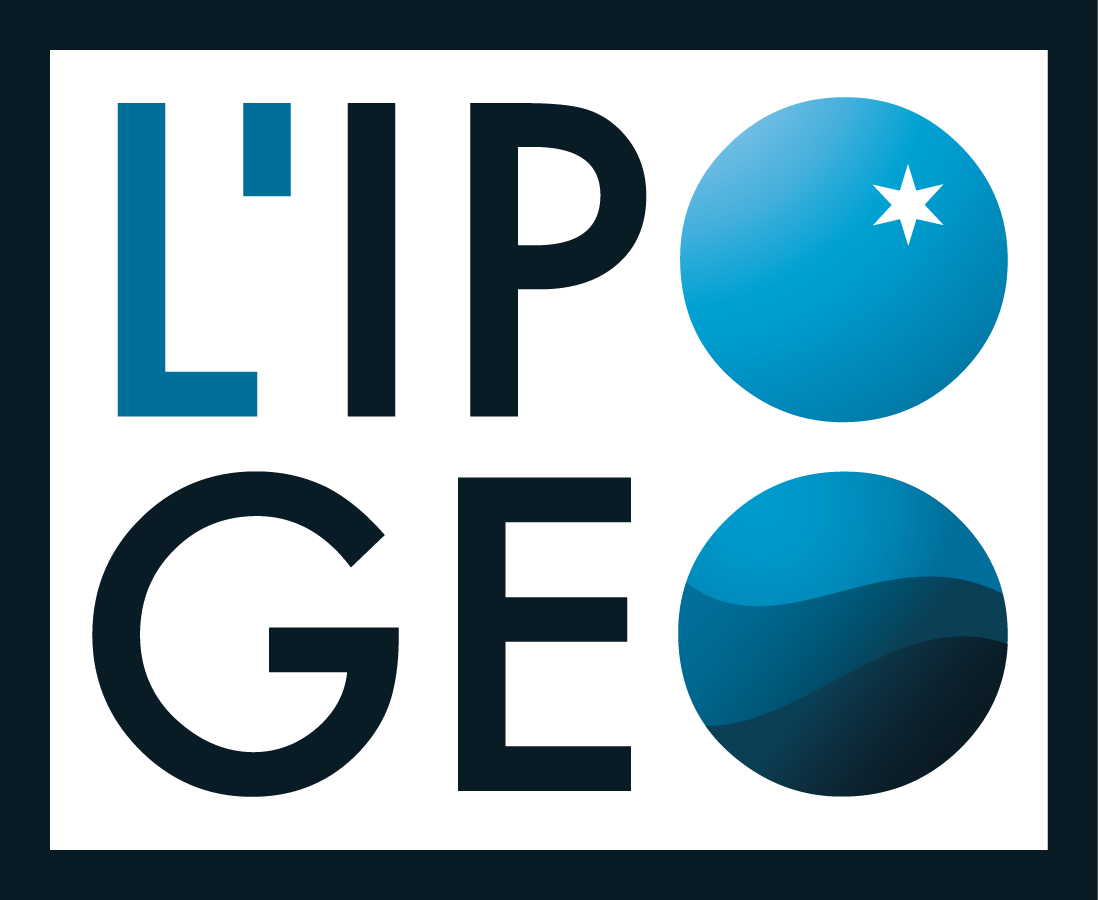Here is a brief summary of the Hypogeum main architectural and historical changes:
AQUEDUCT
The Hypogeum is built as an aqueduct, wanted by "Gens Pomponia", settled in present Villa Vendri.
I SEC. D.C.NYMPHAUEM
Publio Pomponio Cornelio decides to turn the aqueduct into a holy place devoted to the Nymphs of Water.
III SEC D.C.BAPTISMAL FONT
San Zeno, Bishop of Verona, starts an evangelization effort on the local rural pagans communities. During a visit to the Nymphauem, he consacrates the site as the first baptismal font outside Verona's city walls.
IV SEC. D.C.CATECHESIS PLACE
The site is enlarged by building two cellas on each side of the baptismal hall. From the frescos paintings, visible in the cellas, we can argue that these new spaces, were meant to be used for catechesis purposes.
V SEC. D.C.PILGRIMS DESTINATION
By the end of 8° and beginning of 9° Century, a new fresco appears in the right cella: "la manus Dei", the Hand of God. It soon becomes popular among local pilgrims, who, after their prayers, used to leave a graffiti with their names as a prove of the visit.
VIII SEC. D.C.PLACE OF LITURGY
Pope Urbano 3° on June 7th 1187 visits the small village of S. Maria in Stelle, to consacrate the Hypogeum for liturgical celebrations
IX SEC. D.C.RESTORATION WORKS
n 2004 a contribution of 420.000 euro was granted for the site. In these years many accurate studies and fresco's restoration works have been fulfilled.
2004 - 2018RE OPENING
The hypogeum of Santa Maria in Stelle reopens to the public thanks to the Hypogeum Volunteers Group. A youth project that involves the local community in the promotion and protection of the archaeological site.
JUNE 2018IPOGEO STELLE ASSOCIATION
The Ipogeo volunteer group is established as an association: guaranteeing the opening and enhancement of the archaeological site. It collaborates with the diocese, the municipality of Verona and other local authorities to promote and preserve the site and the surrounding area.
TODAY
